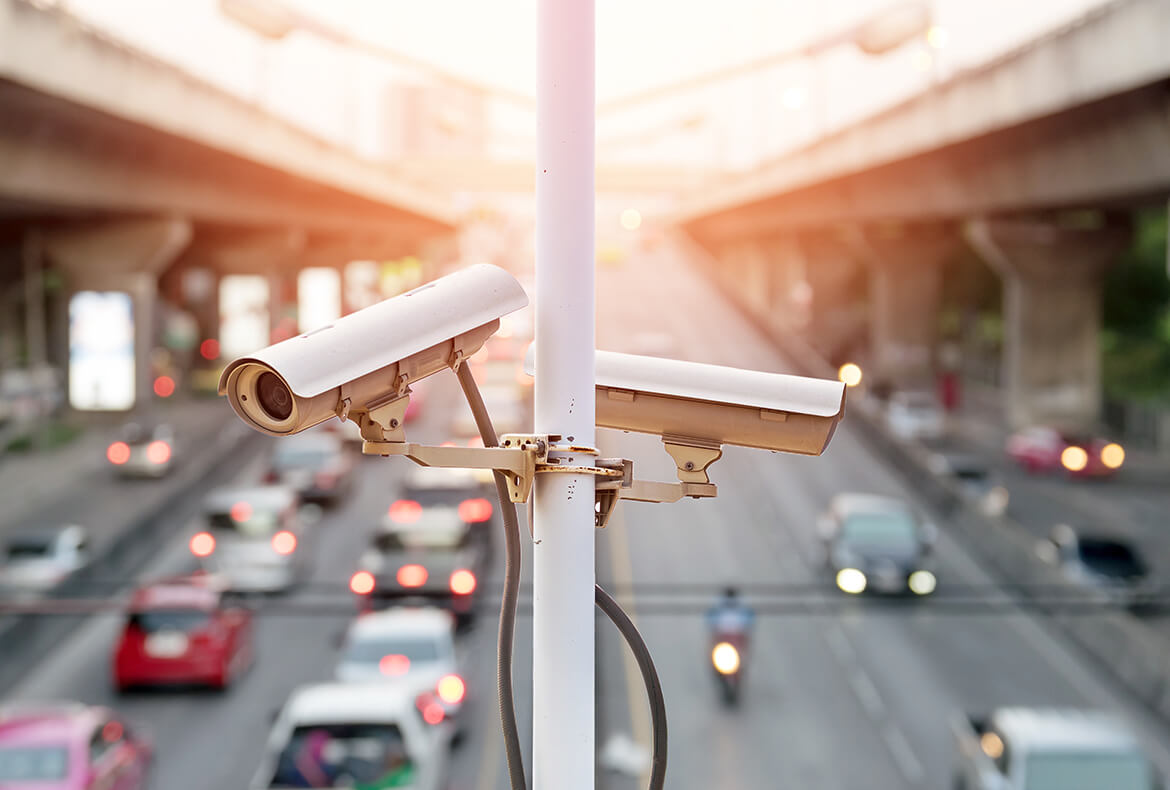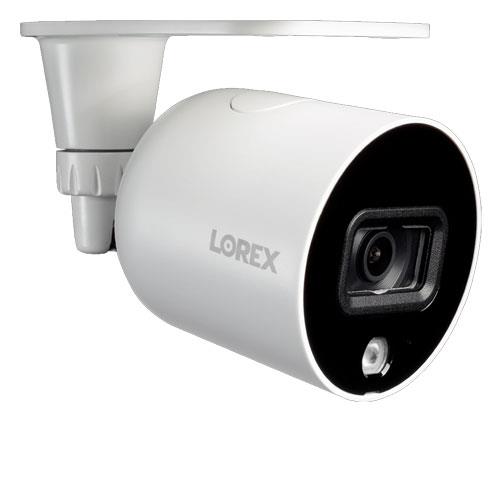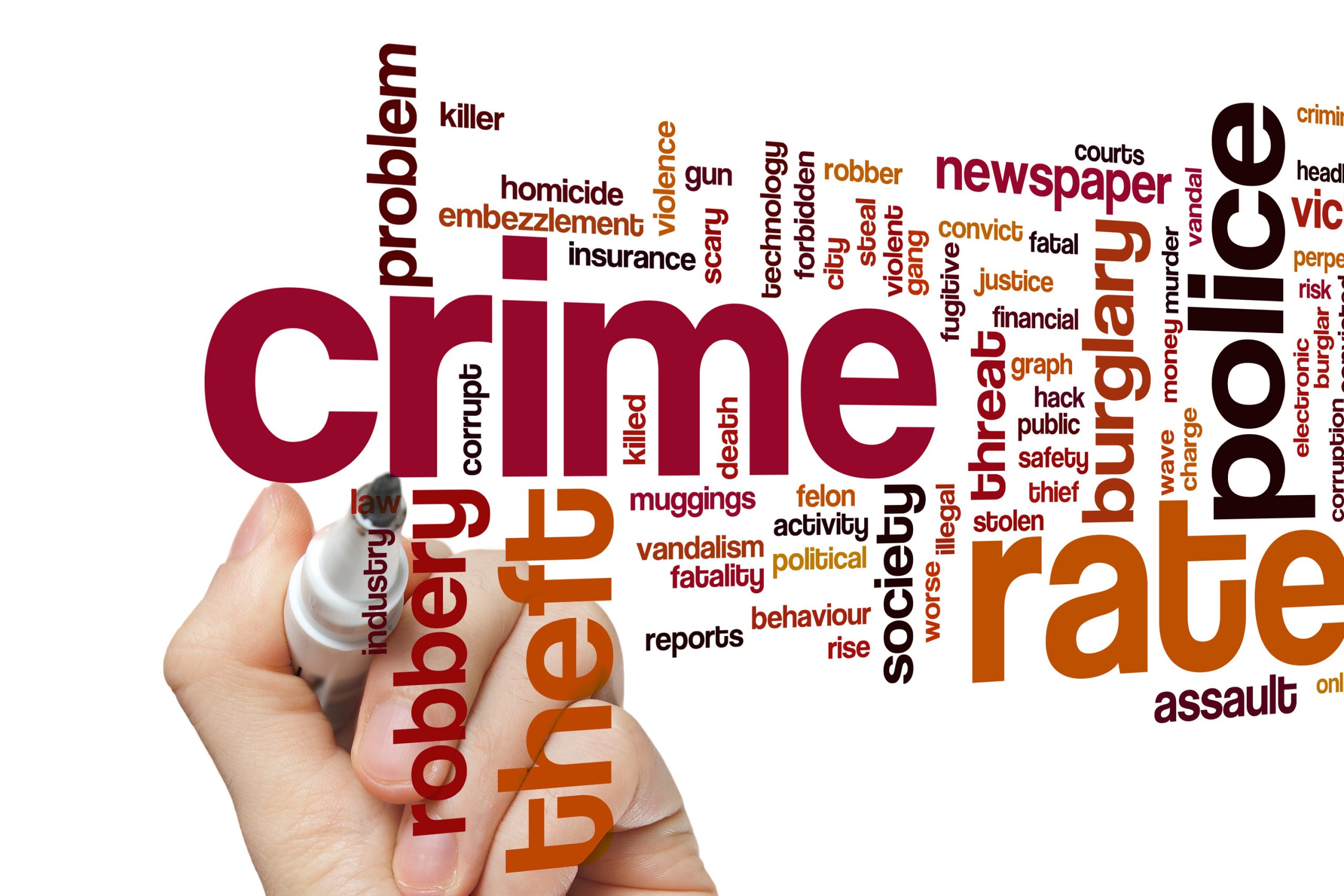CCTV Cameras without a subscription
Closed Circuit Television (CCTV) cameras are an essential tool for surveillance and security. They can be used in a variety of settings, such as homes, businesses, and public spaces, to monitor activities and deter crime. However, many CCTV cameras require a subscription to access their footage, which can be costly and inconvenient for some users. In this article, we will explore the benefits of CCTV cameras without a subscription and how they can be used effectively.
What are CCTV Cameras?
CCTV cameras are a type of video surveillance system that captures and records footage of a specific area. These cameras can be installed both indoors and outdoors, and they come in a range of sizes and styles. Some common types of CCTV cameras include dome cameras, bullet cameras, and PTZ (pan-tilt-zoom) cameras.
CCTV cameras are designed to be used for security purposes. They can help to deter criminal activity by monitoring and recording the actions of people in the area. CCTV footage can also be used as evidence in criminal investigations, and it can be used to identify suspects or witnesses in a crime.
Benefits of CCTV Cameras without Subscription
There are several benefits to using CCTV cameras without a subscription. These include:
- Cost-effectiveness: One of the main advantages of using CCTV cameras without a subscription is that they are cost-effective. Unlike cameras that require a subscription, these cameras do not require a monthly fee to access their footage. This makes them an affordable option for home and business owners who want to enhance their security without breaking the bank.
- User-friendly: CCTV cameras without a subscription are generally user-friendly and easy to install. Many of these cameras are designed to be plug-and-play, meaning that they can be set up quickly and easily without the need for professional installation.
- Flexibility: Another benefit of using CCTV cameras without a subscription is that they offer greater flexibility. With subscription-based cameras, users are often limited to a specific number of cameras or a specific amount of storage space. With non-subscription cameras, users can add as many cameras as they need and store footage locally on their own devices.
- Privacy: Subscription-based CCTV cameras often require users to upload their footage to a cloud-based service, which can raise privacy concerns. Non-subscription cameras that store footage locally on the user’s device can help to address these concerns.
How to Use CCTV Cameras without a Subscription
Using CCTV cameras without a subscription is relatively easy. Here are some steps to follow:
- Choose the right camera: The first step in using CCTV cameras without a subscription is to choose the right camera. Look for cameras that are designed for outdoor or indoor use, depending on where you plan to install them. Make sure the camera has the features you need, such as night vision, motion detection, and remote access.
- Install the camera: Once you have chosen your camera, it’s time to install it. Many non-subscription cameras are designed to be plug-and-play, so you can simply connect them to your Wi-Fi network and start using them right away. Some cameras may require more advanced setup, such as mounting the camera to a wall or configuring network settings.
- Configure settings: After you have installed your camera, you may need to configure some settings. This may include setting up motion detection or adjusting the camera’s sensitivity. You may also need to configure remote access, which allows you to view your camera’s footage from anywhere with an internet connection.
- Monitor footage: Once your camera is set up, you can start monitoring its footage. Many non-subscription cameras come with a mobile app or web interface that allows you to view your footage in real-time or review the recorded footage. Make sure to check your camera’s footage regularly to stay aware of any potential security threats.
- Follow the law: Installing CCTV cameras in Canada is governed by both federal and provincial laws, which vary depending on the specific location and purpose of the surveillance. Generally, it is important to obtain consent from individuals who may be captured by the cameras and to clearly display signage indicating that surveillance is in place. Failure to comply with these laws can result in legal penalties and may compromise the effectiveness of the surveillance system in achieving its intended goals.

Tips for Using CCTV
- Determine the Right Location The first step in using CCTV cameras effectively is to determine the right location. You should place cameras in areas that are most vulnerable to criminal activity. This can include entrances, exits, parking lots, and other high-traffic areas. You should also consider the height and angle of the cameras, as this can affect the field of view. If possible, you should mount the cameras at a higher angle to get a better view of the area.
- Use High-Quality Cameras Investing in high-quality CCTV cameras is crucial for getting the best results. High-quality cameras will provide clear images, even in low-light conditions, which can be crucial in identifying criminals. Moreover, they will offer better resolution, which can be beneficial when it comes to identifying faces, license plates, or other critical details. You should also consider the weather-resistant and durability features of the cameras if you plan to use them outside.
- Use a Professional Installation Service Installing CCTV cameras is not an easy task, and it’s not recommended that you do it yourself. Hiring a professional installation service will ensure that the cameras are installed correctly and according to the manufacturer’s instructions. Professionals will also help you determine the right location for the cameras and provide advice on the best types of cameras for your needs.
- Choose the Right Recording System The recording system is a crucial part of CCTV cameras as it is responsible for storing and retrieving footage. There are two primary types of recording systems: digital video recorders (DVRs) and network video recorders (NVRs). DVRs are a more traditional option and are ideal for small to medium-sized businesses. NVRs, on the other hand, are more advanced and are better suited for larger organizations with multiple locations.
- Set Up Remote Monitoring Remote monitoring allows you to access the footage from your CCTV cameras from anywhere in the world. This is particularly useful if you are away from your business or home and want to keep an eye on things. Most modern CCTV systems offer remote monitoring features, and you should ensure that you set up this feature to get the most out of your cameras.
- Perform Regular Maintenance Performing regular maintenance on your CCTV cameras is crucial for ensuring that they work correctly. Regular maintenance can help prevent equipment failure, which can lead to security breaches. You should clean the cameras regularly and ensure that they are properly aligned to get the best results. You should also check the recording system regularly to ensure that it is working correctly.
- Notify People of CCTV Cameras It’s essential to inform people that CCTV cameras are in use in the area. This can act as a deterrent to potential criminals and can also help avoid any legal issues that may arise if someone feels that their privacy has been violated. You can do this by placing signs in the area, which inform people that CCTV cameras are in use.
- Be Aware of Privacy Laws When using CCTV cameras, it’s important to be aware of privacy laws. In many jurisdictions, it is illegal to record audio without the consent of the people being recorded. Moreover, there may be restrictions on where you can place the cameras, particularly in areas where people expect privacy, such as bathrooms or changing rooms.
- Train Staff If you are using CCTV cameras in a business setting, it’s essential to train your staff.



